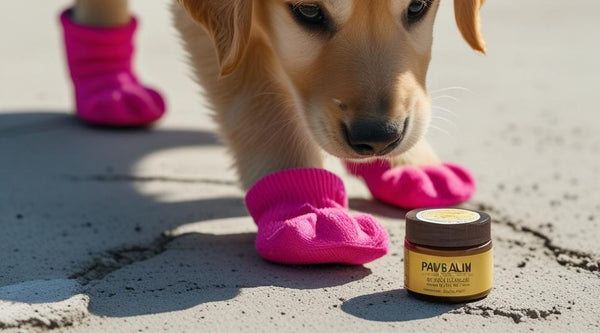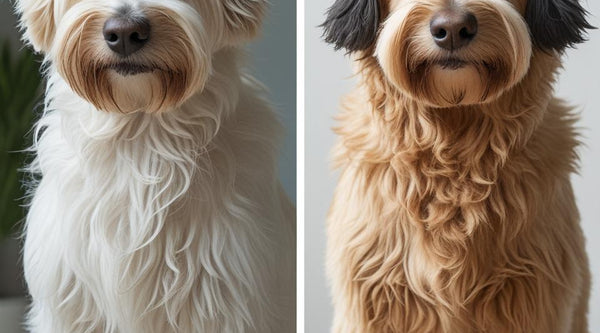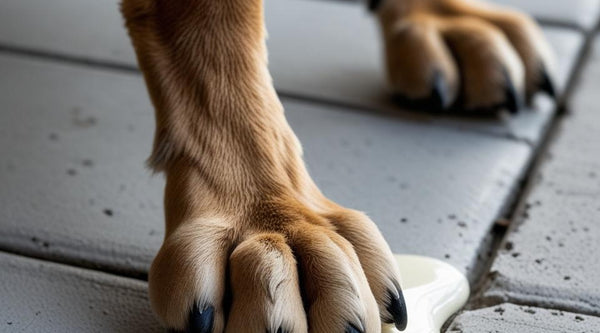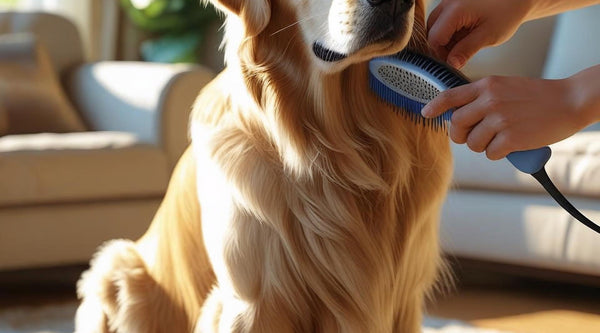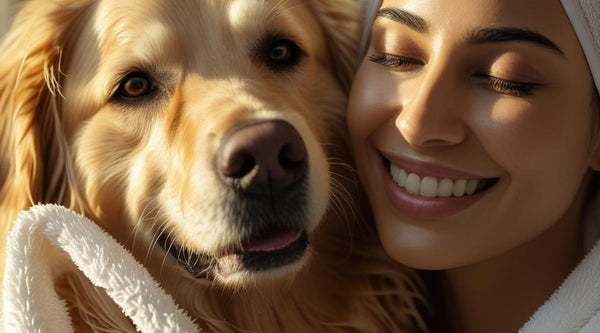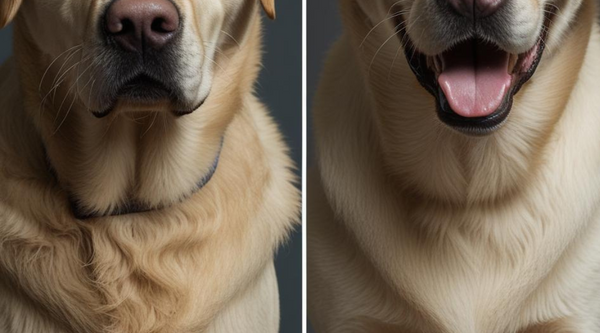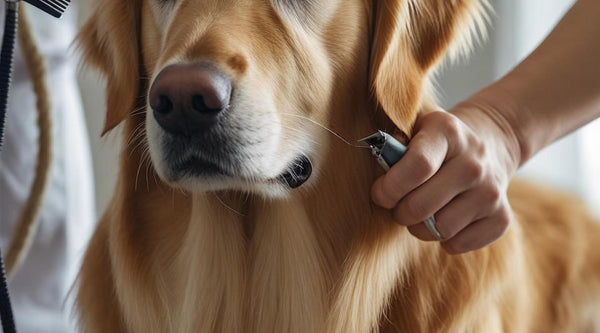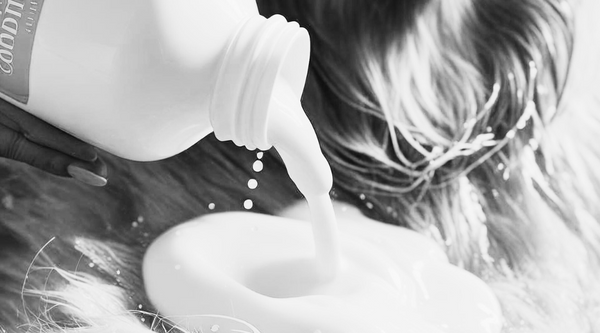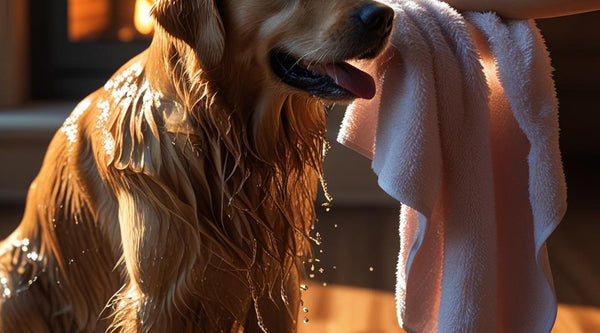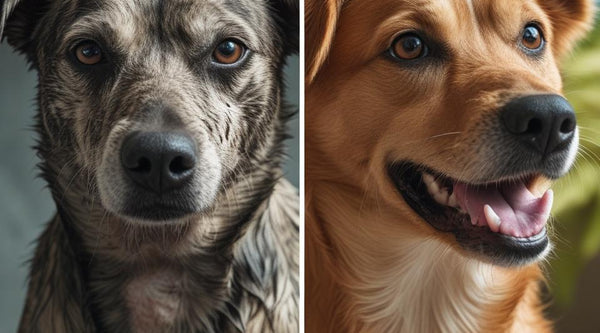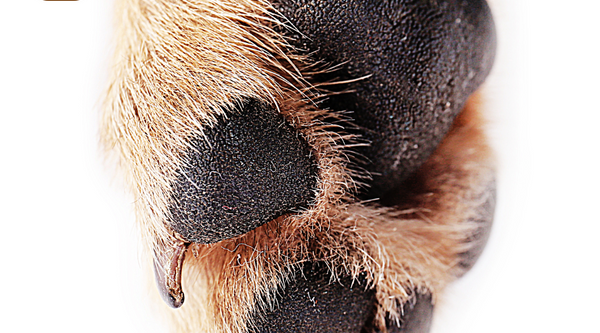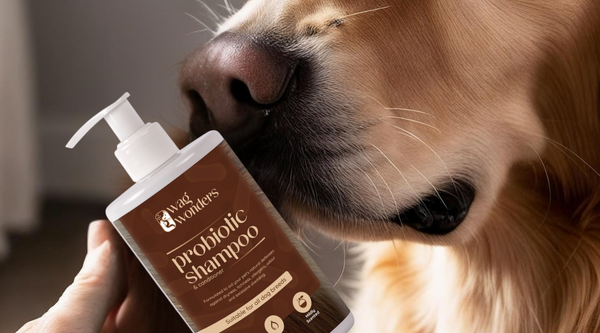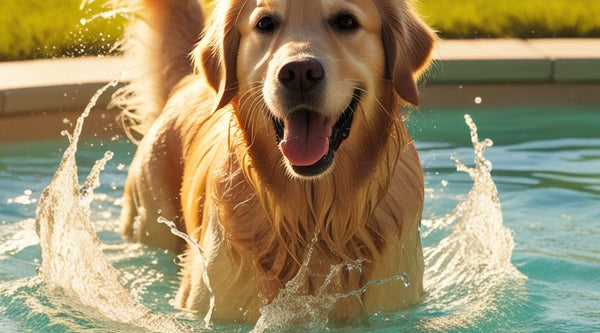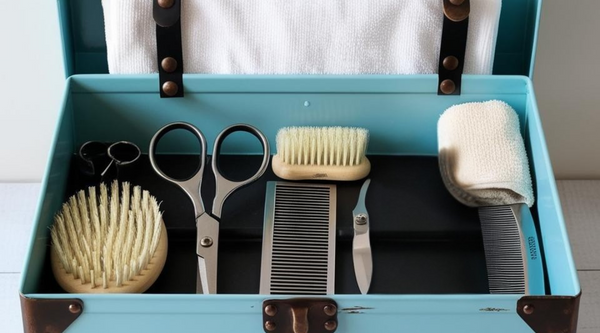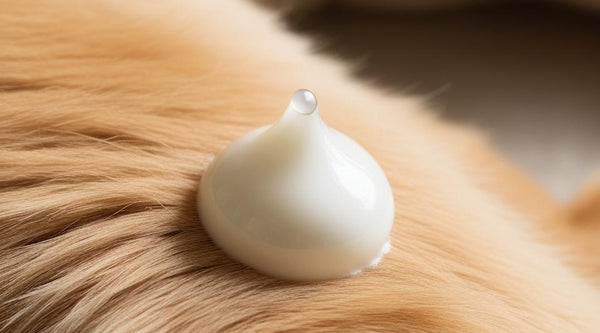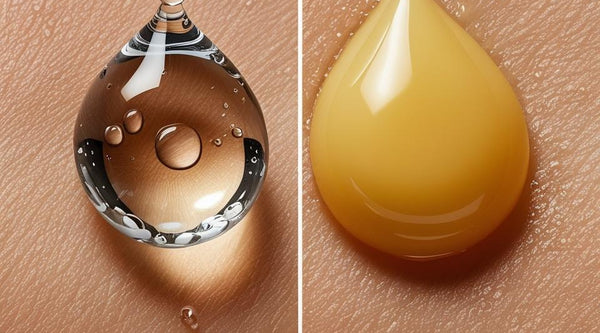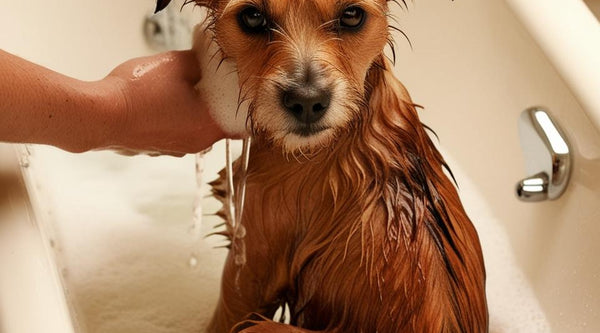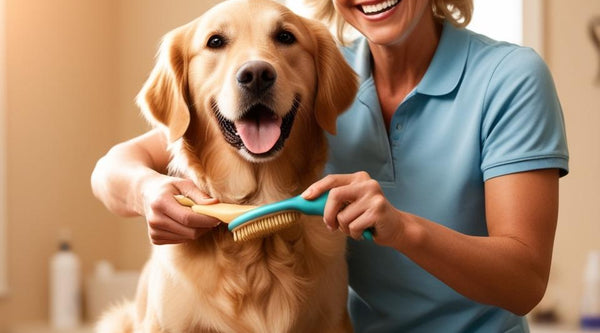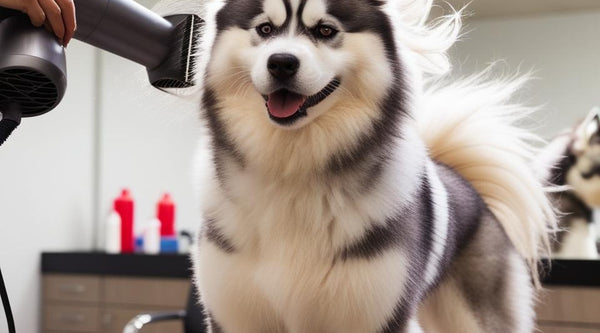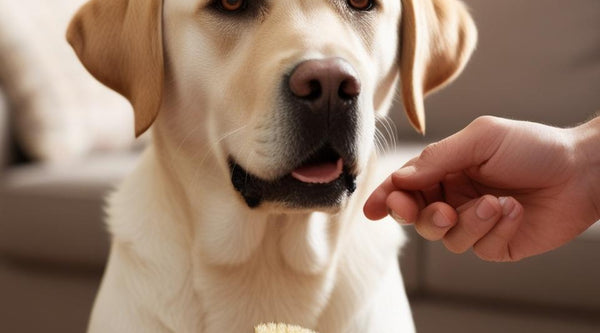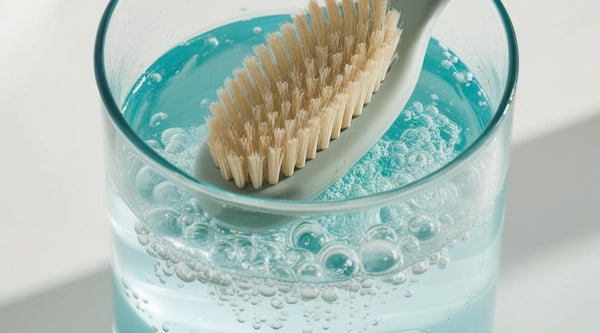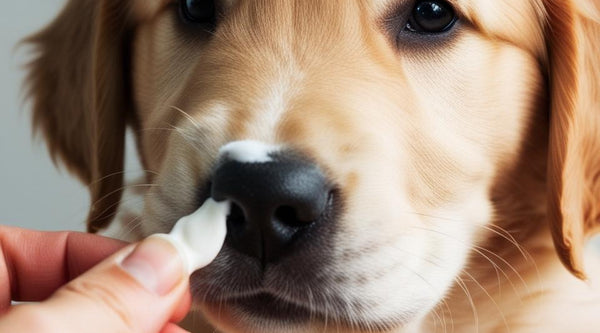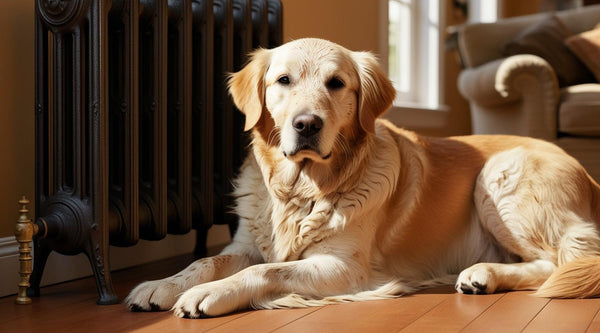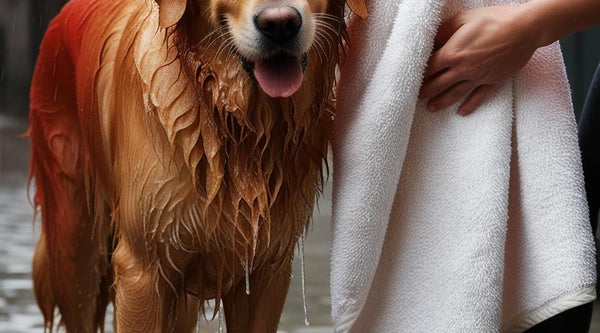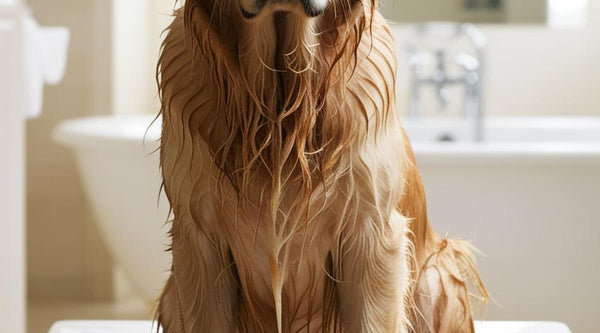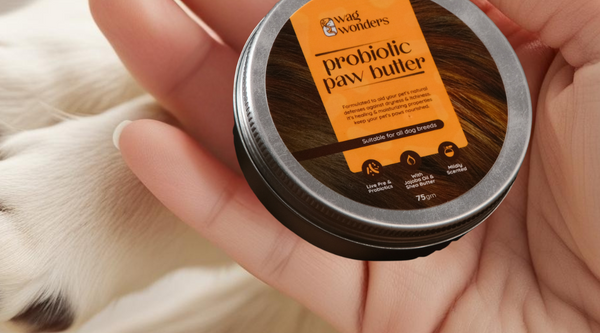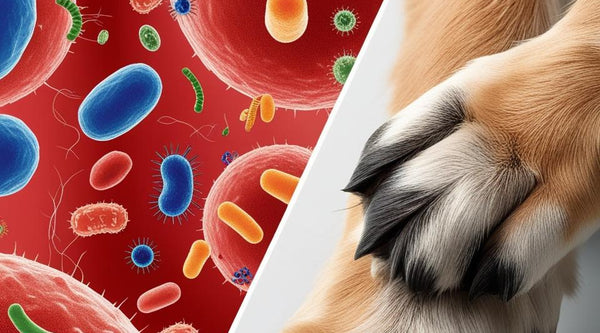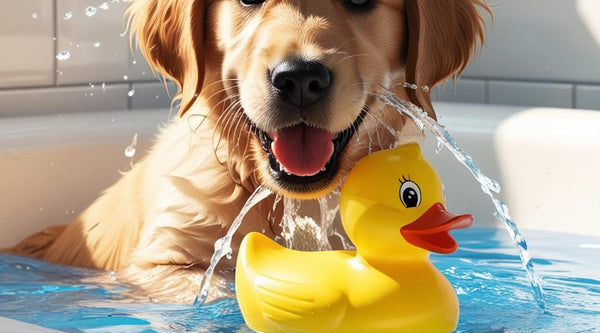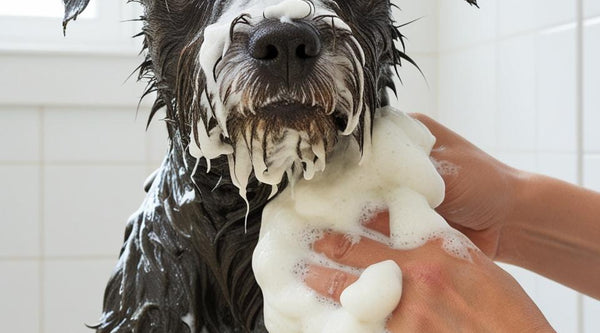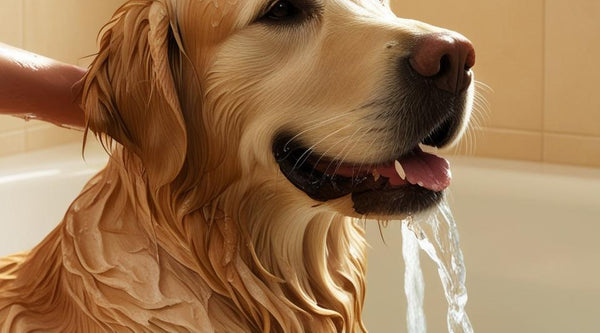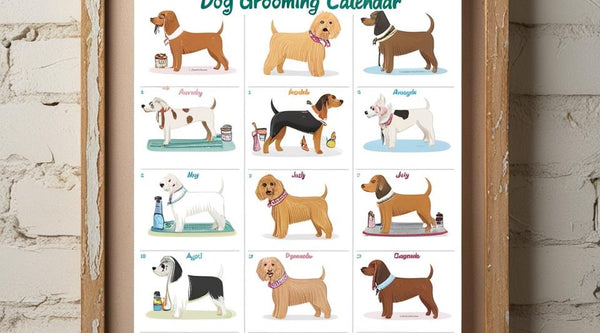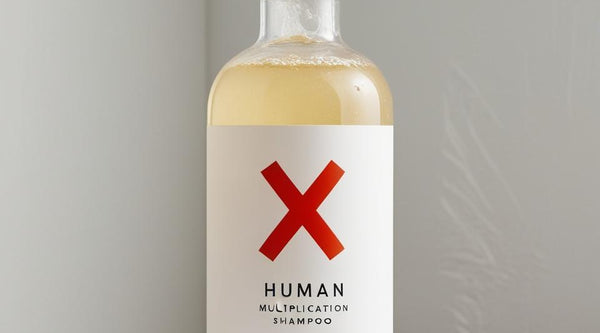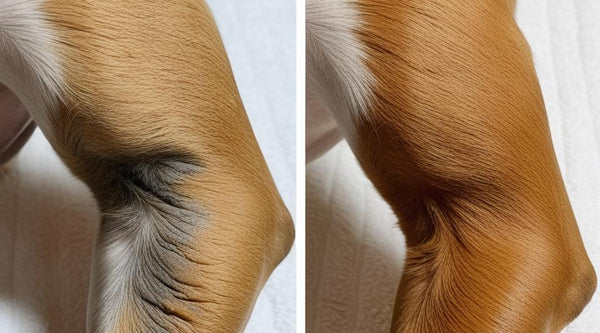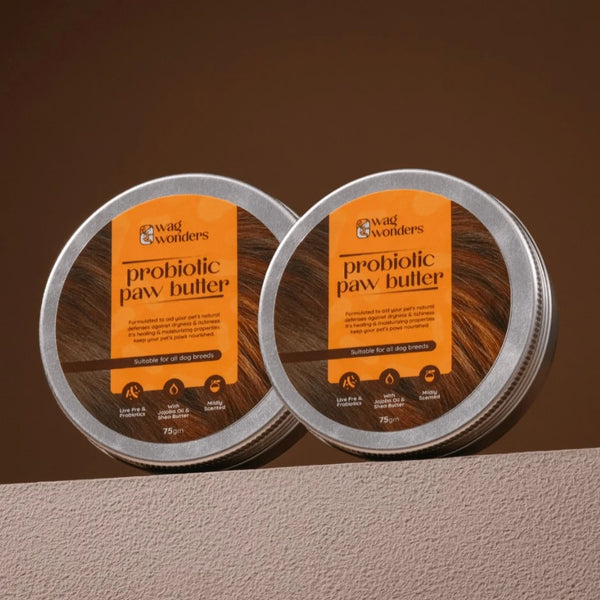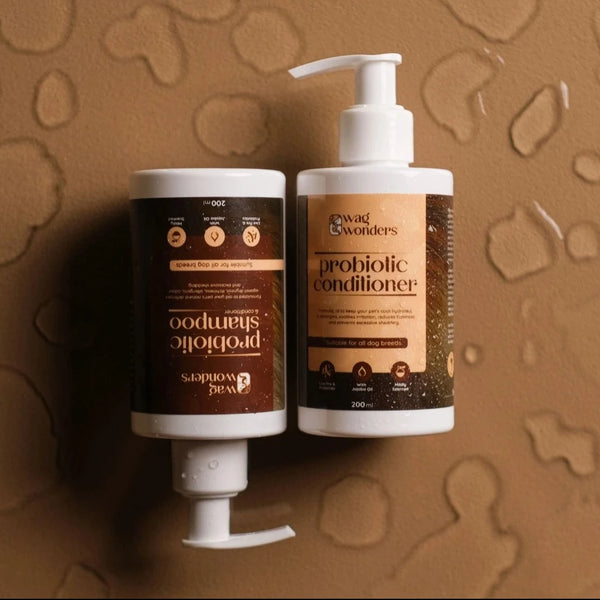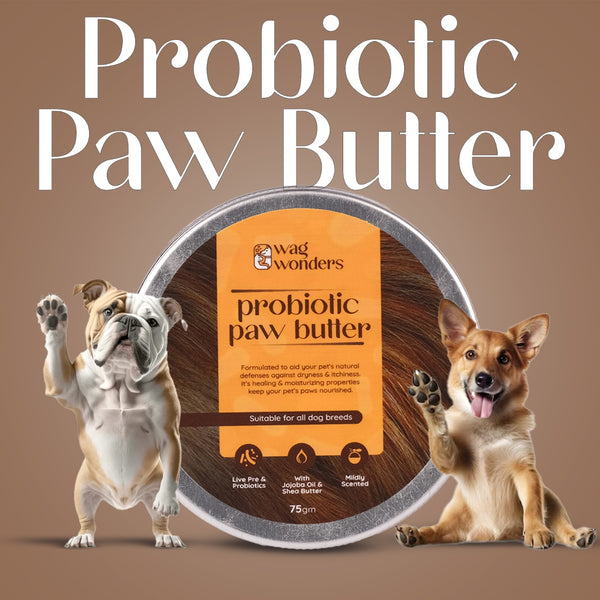Can Skin Microbiome Affect Your Dog’s Behavior?
Exploring the Link Between Dog Behavior and Skin Issues
When your dog starts acting “off”—maybe they’re more irritable, restless, or withdrawn—it’s natural to assume something’s bothering them emotionally. But what if we told you their skin health might have something to do with it?
Surprising as it may sound, the skin microbiome—the delicate ecosystem of good bacteria living on your dog’s skin—can influence more than just their coat. It can also impact their comfort, mood, and behavior.
Let’s dig into the science behind the skin microbiome link and how skin issues may be affecting your dog’s behavior more than you think.
What Is the Skin Microbiome?
Just like their gut, your dog’s skin is home to a community of beneficial microorganisms. These microbes form the first line of defense against environmental threats like allergens, pathogens, and pollutants.
A balanced microbiome = healthy, resilient skin.
A disrupted microbiome = inflammation, itchiness, dryness, and discomfort.
This imbalance often arises due to:
-
Harsh grooming products (like shampoos with sulfates or parabens)
-
Overbathing or underbathing
-
Allergies or poor nutrition
-
Environmental stressors (humidity, pollution, allergens)
And here’s where it gets interesting: chronic skin discomfort can lead to behavioral changes.
How Skin Irritation Affects Dog Behavior
Imagine being stuck in an itchy sweater all day. You’d probably get moody too.
When your dog’s skin is inflamed or itchy, they experience low-grade, chronic stress. Over time, this discomfort can influence how they behave.
Common Behavioral Signs Linked to Skin Issues:
-
Excessive licking, chewing, or scratching
-
Irritability or sensitivity to touch
-
Avoidance of play or social interaction
-
Restlessness or sleep disturbances
-
Sudden aggression or anxiety-like symptoms
While these behaviors can be caused by other health concerns, one often-overlooked culprit is poor skin health—and by extension, a disrupted microbiome.
The Science Behind the Skin–Behavior Connection
The skin is directly connected to your dog’s nervous and immune systems. When the skin is inflamed due to microbial imbalance, it triggers the release of pro-inflammatory cytokines—molecules that can influence both physical and emotional responses.
This can lead to:
-
Heightened stress
-
Lowered immune function
-
Increased reactivity to external stimuli
In other words, itchy skin doesn’t just bother your dog physically—it can mess with their mood and energy levels too.
So, Can the Right Grooming Routine Improve Behavior?
Yes—especially when it supports your dog’s skin microbiome.
Using grooming products that are enriched with prebiotics and probiotics can help:
✅ Rebalance the skin’s natural microflora
✅ Soothe inflammation and reduce itching
✅ Strengthen the skin barrier against allergens
✅ Restore comfort and calmness
Over time, this can result in a noticeable improvement in your dog’s behavior, energy, and sociability.
The Wag Wonders Approach to Skin-Behavior Wellness
At Wag Wonders, we believe great grooming goes deeper than just surface-level shine. Our dog shampoo, conditioner, and paw butter are all powered by prebiotic and probiotic formulations that:
-
Protect and nurture the skin microbiome
-
Help reduce irritation, dryness, and redness
-
Improve coat texture and overall comfort
-
Support a calmer, happier, more relaxed pup
Because when your dog feels good, they behave better. It’s that simple.
Final Thoughts: Grooming for the Mind and Body
So, can your dog’s skin microbiome affect their behavior? Absolutely.
If your dog seems anxious, irritable, or restless and you’ve ruled out other causes, it might be time to look at their skin. Start by evaluating your grooming routine and switching to microbiome-friendly products that gently clean, hydrate, and heal.


